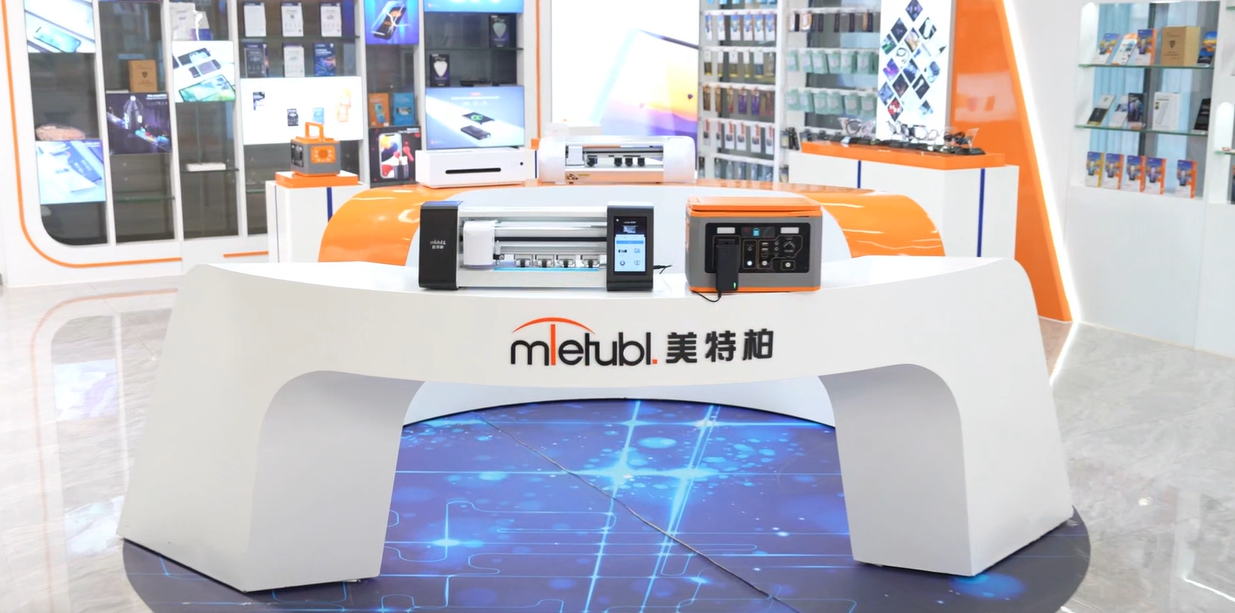
MIETUBL Brand Overview
MIETUBL is a brand originating from China and thriving through China’s intelligent manufacturing. It is committed to providing high-quality mobile accessories and related products to global consumers. Since its inception in 1998, the brand has followed the trends of the times, focusing on resource integration and building a symbiotic and shared industry ecosystem, enabling global consumers to conveniently access quality products that enhance their lives.
By continuously innovating and diversifying its product offerings, MIETUBL has achieved significant success in the mobile accessory industry. As a brand driven by customer value and innovation, MIETUBL has expanded into various product applications while accumulating rich industry experience and establishing a stable customer base. Headquartered in Zengcheng, Guangzhou, the company has strategically positioned itself within the mobile accessory industry, integrating high-quality production resources and aiming for a win-win business model.
Core Values and Development Vision:
-
Customer-Centric: MIETUBL always prioritizes customer needs, continually enhancing product quality and consumer experience through innovation and technological research and development.
-
Resource Integration and Industry Symbiosis: By integrating industry resources, MIETUBL creates a symbiotic, shared industry ecosystem, connecting global distributors and consumers, and promoting mutual growth across the value chain.
-
Global Vision: MIETUBL is committed to bringing Chinese manufacturing to the world, providing global consumers with high-quality, innovative mobile accessories, while offering profitable opportunities for distributors.
MIETUBL’s long-term vision is to continually enhance its products through innovation and quality, establishing “MIETUBL” as a globally trusted brand, recognized in markets around the world.
PRODUCTS
What is Tempered Glass and Its Superior Durability
The Manufacturing Process: A Transformation Under Heat
Tempered glass, also known as toughened glass, isn't simply a special type of glass; it's ordinary glass that has undergone a specific heat treatment process. This process significantly enhances its strength and resilience. The transformation begins by heating the glass to an extremely high temperature, typically around 650°C (1202°F). At this temperature, the glass becomes malleable and softens.
After reaching the ideal temperature, the heated glass is rapidly cooled using high-pressure air jets. This rapid cooling process, known as quenching, induces compressive stresses on the surface of the glass. These compressive stresses counteract the tensile stresses that would normally cause the glass to fracture under impact. This is the key to its superior durability.
Enhanced Strength and Impact Resistance
The result of this controlled thermal shock is a glass that is significantly stronger than annealed (ordinary) glass. Tempered glass can withstand forces four to five times greater than that of annealed glass before breaking. This remarkable increase in strength makes it ideal for applications where impact resistance is paramount.
When tempered glass does eventually break, it shatters into relatively small, cube-shaped pieces with dull edges, unlike the sharp, jagged shards produced by annealed glass. This fragmentation characteristic is a crucial safety feature, minimizing the risk of severe cuts and injuries. This is particularly important in applications like car windows and shower doors.
Applications of Tempered Glass: A Versatile Material
The exceptional strength and safety features of tempered glass make it suitable for a vast array of applications across various industries. In the automotive industry, tempered glass is used for windshields, side and rear windows, and mirrors, ensuring passenger safety in the event of an accident.
Beyond automobiles, tempered glass finds its way into architectural applications like building facades, shower enclosures, and tabletops. Its durability makes it perfect for high-traffic areas, while its transparency maintains aesthetic appeal. The consumer electronics industry heavily relies on tempered glass for smartphone screens, tablets, and laptop displays, protecting these fragile devices from daily wear and tear.
Limitations and Considerations
Despite its numerous advantages, tempered glass has certain limitations. It cannot be cut or drilled after the tempering process, meaning any modifications must be made before the heat treatment. This presents challenges during installation and repair.
Additionally, tempered glass is more expensive to manufacture than annealed glass due to the specialized heat treatment process. However, the enhanced strength, safety, and longevity often justify the higher cost, especially in critical applications.
Conclusion: The Unmatched Durability of Tempered Glass
Tempered glass's superior durability stems from its unique manufacturing process, which introduces compressive stresses to its surface, significantly increasing its strength and impact resistance. Its safety features, fragmentation into small, relatively harmless pieces, further solidify its importance in various applications. While possessing certain limitations, the advantages of tempered glass, including its strength, safety, and versatility, make it an indispensable material in modern life, silently protecting us and our devices every day.
SUBSCRIBE
INQUIRY